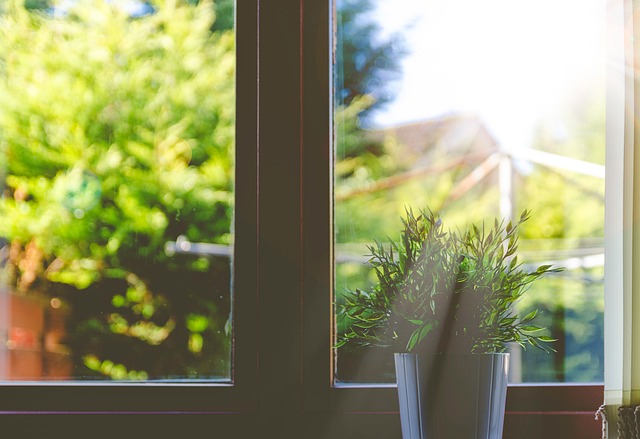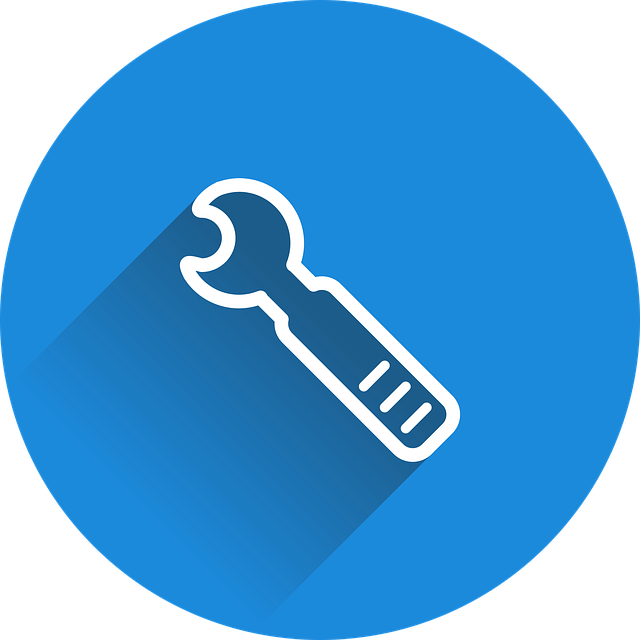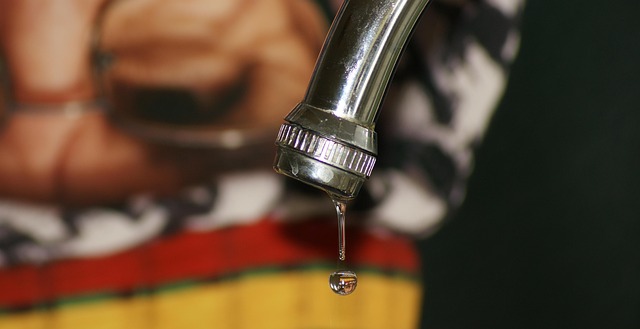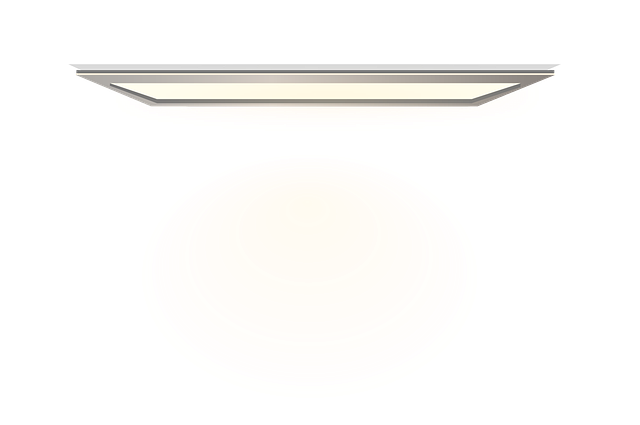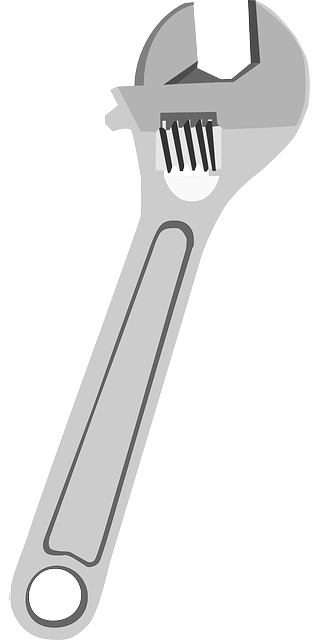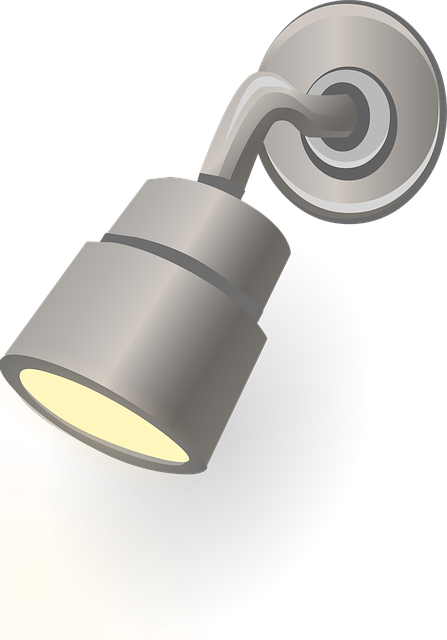Water filters are essential for maintaining clean and safe water in home plumbing systems. Regular replacements prevent leaks, preserve water pressure, and stop clogs, while keeping filters clean is vital for efficient plumbing. Routine inspections catch early issues like corrosion or blockages, facilitating prompt sediment removal and identifying needed fixture replacements. Regular maintenance saves money, ensures powerful water supply, and prevents costly repairs by prolonging fixtures' lifespan through effective leak prevention and sediment control.
Staying on top of your home’s plumbing maintenance is crucial for preventing leaks and maintaining optimal water pressure. A key component in this process? Regularly replacing water filters. This article explores the importance of understanding water filters and their role in protecting your plumbing system. We delve into the benefits of routine inspections, how sediment removal impacts fixture longevity, and ultimate tips for optimizing your home’s water quality through consistent filter replacement practices.
- Understanding Water Filters and Their Importance in Plumbing Maintenance Tips
- The Role of Regular Inspections in Preventing Leaks and Maintaining Water Pressure
- How Sediment Removal Affects Your Home's Plumbing and Fixture Replacement Needs
- Optimizing Your Home's Water Quality Through Consistent Filter Replacement Practices
Understanding Water Filters and Their Importance in Plumbing Maintenance Tips
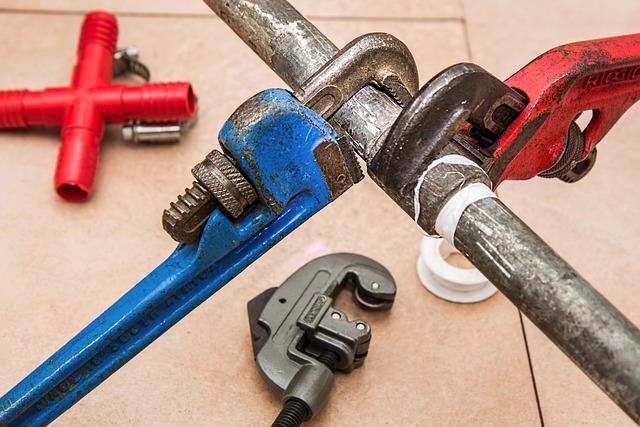
Water filters are an essential component of any home’s plumbing system, playing a crucial role in maintaining water quality and ensuring optimal performance. These devices are designed to remove contaminants such as sediment, chlorine, heavy metals, and even bacteria, providing cleaner and safer drinking water. In the context of plumbing maintenance tips, regular inspections and filter replacements are vital to prevent leaks and maintain consistent water pressure throughout your home.
By incorporating regular filter changes into your plumbing maintenance routine, you can effectively prevent clogs in fixtures and appliances. Sediment buildup over time can significantly reduce water pressure, so keeping filters clean is essential for maintaining the efficiency of your plumbing system. Additionally, understanding when to replace water filters based on usage and quality guidelines will contribute to leak prevention and prolong the lifespan of your plumbing components, including fixtures and appliances that rely on this purified water supply.
The Role of Regular Inspections in Preventing Leaks and Maintaining Water Pressure
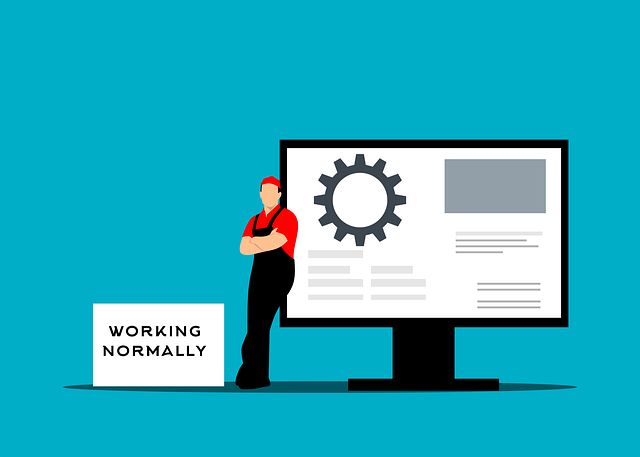
Regular inspections are an essential part of plumbing maintenance tips aimed at preventing leaks and maintaining optimal water pressure in your home or office. By scheduling routine checks, you can catch potential issues early on, long before they turn into costly repairs or cause significant damage. During these inspections, a professional plumber will not only assess the condition of your water filters but also look for any signs of corrosion, worn-out fixtures, or blockages that might be compromising water pressure.
One of the primary causes of reduced water pressure is sediment buildup and clogging due to mineral deposits and contaminants. Regular inspections allow for prompt sediment removal, ensuring smooth water flow through your plumbing system. Additionally, these visits can help identify if any fixture replacements are necessary, as old or damaged components can significantly impact water pressure. By keeping your plumbing system well-maintained, you not only save money in the long run but also ensure a steady and powerful water supply for all your needs.
How Sediment Removal Affects Your Home's Plumbing and Fixture Replacement Needs

Regular filter replacements are essential for maintaining your home’s plumbing system and preventing costly repairs. Sediment removal is a critical aspect of this process, as it helps to keep your pipes clear of buildup and debris. Over time, sediment can accumulate in water lines, leading to reduced water pressure and potential fixture damage. By removing these sediments through regular filter changes, you’re not only improving the taste and quality of your water but also safeguarding your plumbing from unnecessary stress.
Moreover, efficient sediment removal reduces the frequency of fixture replacement. Sediment buildup can erode pipes and components like faucets, showerheads, and toilets, leading to leaks and malfunctions. Regular inspections and filter changes can prevent these issues, ensuring optimal water flow and extending the lifespan of your fixtures. This proactive approach to plumbing maintenance tips not only saves you money in the long run but also fosters leak prevention and maintains consistent water pressure throughout your home.
Optimizing Your Home's Water Quality Through Consistent Filter Replacement Practices
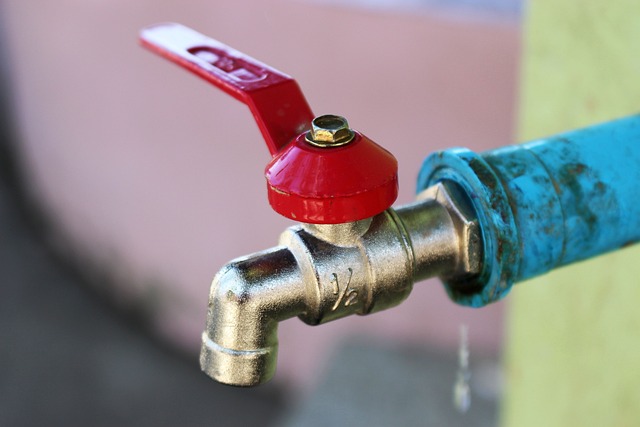
Regularly replacing your home’s water filters is a key component of optimizing water quality and ensuring optimal plumbing maintenance. Over time, sediment buildup, mineral deposits, and other contaminants can clog filters, leading to reduced water pressure and inefficient fixture performance. Implementing consistent filter replacement practices as part of regular inspections can help prevent these issues from arising in the first place. By removing harmful sediments and maintaining a steady flow, you not only improve the taste and smell of your water but also protect your plumbing system from costly damage down the line.
In addition to filtrations benefits, regular filter changes contribute to broader leak prevention strategies. Clogged or damaged filters can weaken pipe integrity, increasing the risk of leaks and water waste. Incorporating routine filter replacements into your plumbing maintenance tips will help maintain water pressure levels, ensuring that every faucet and appliance in your home operates at peak efficiency. Moreover, staying on top of sediment removal allows for better monitoring of fixture condition, making it easier to identify when a replacement is needed.




